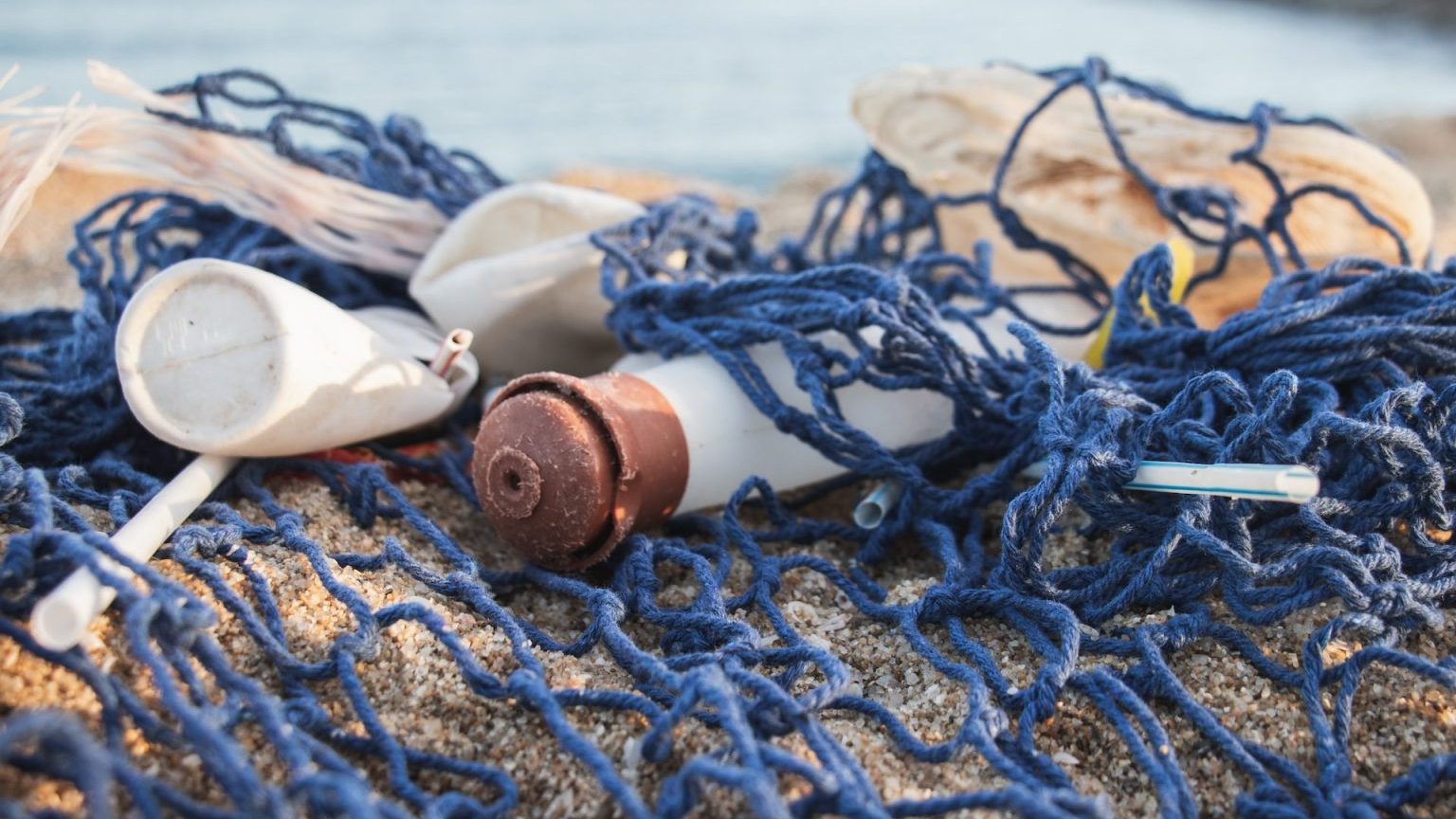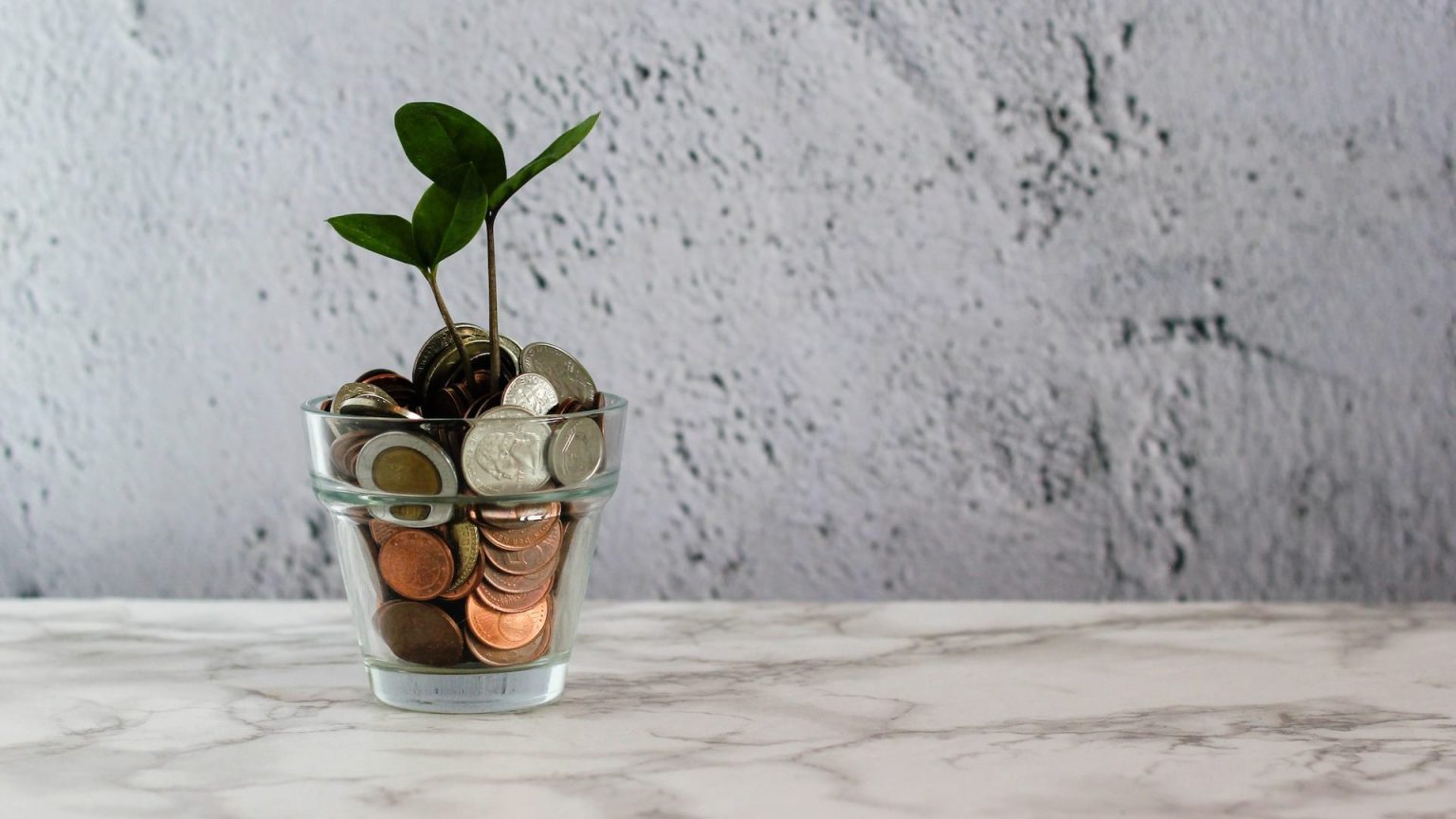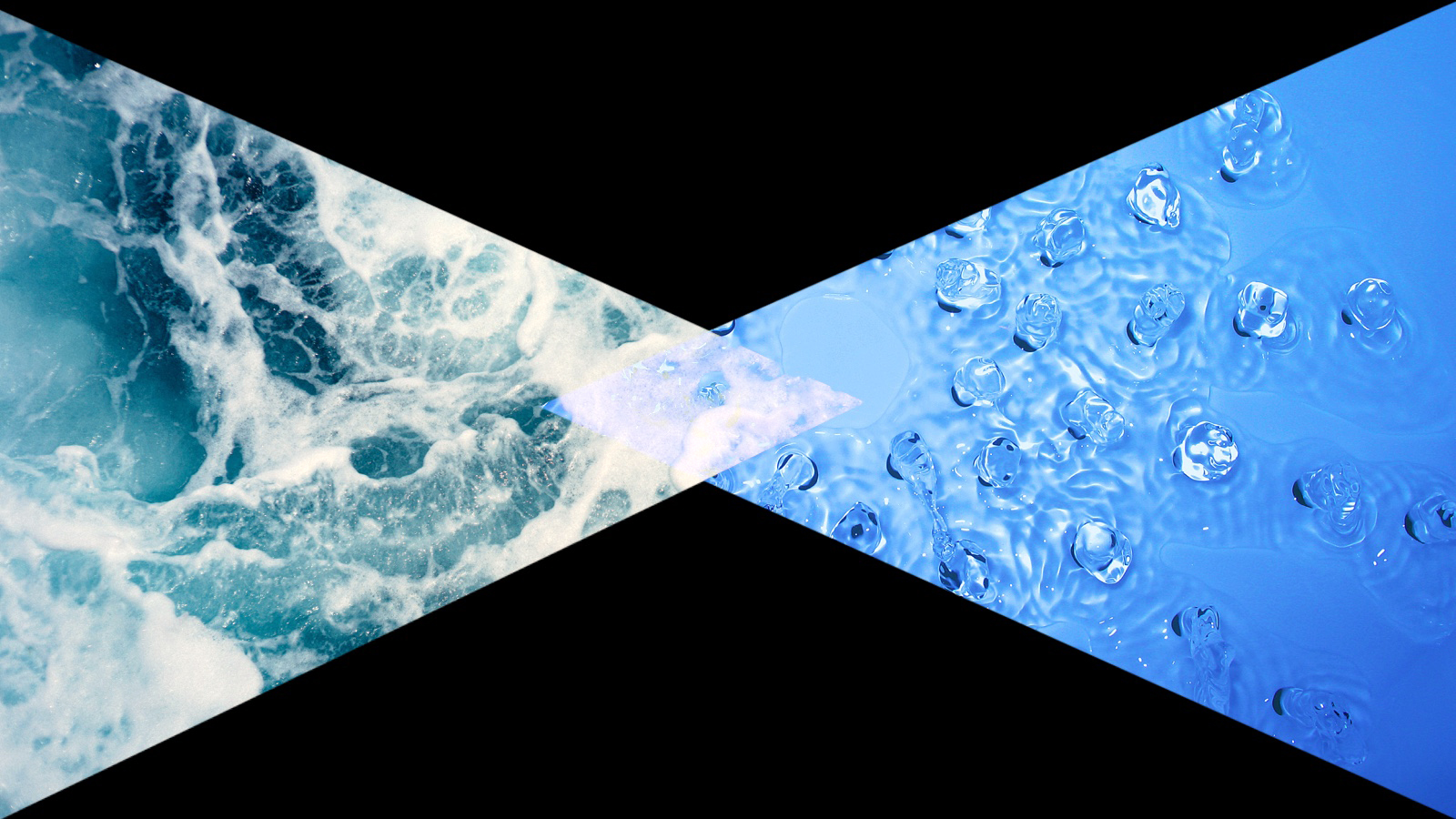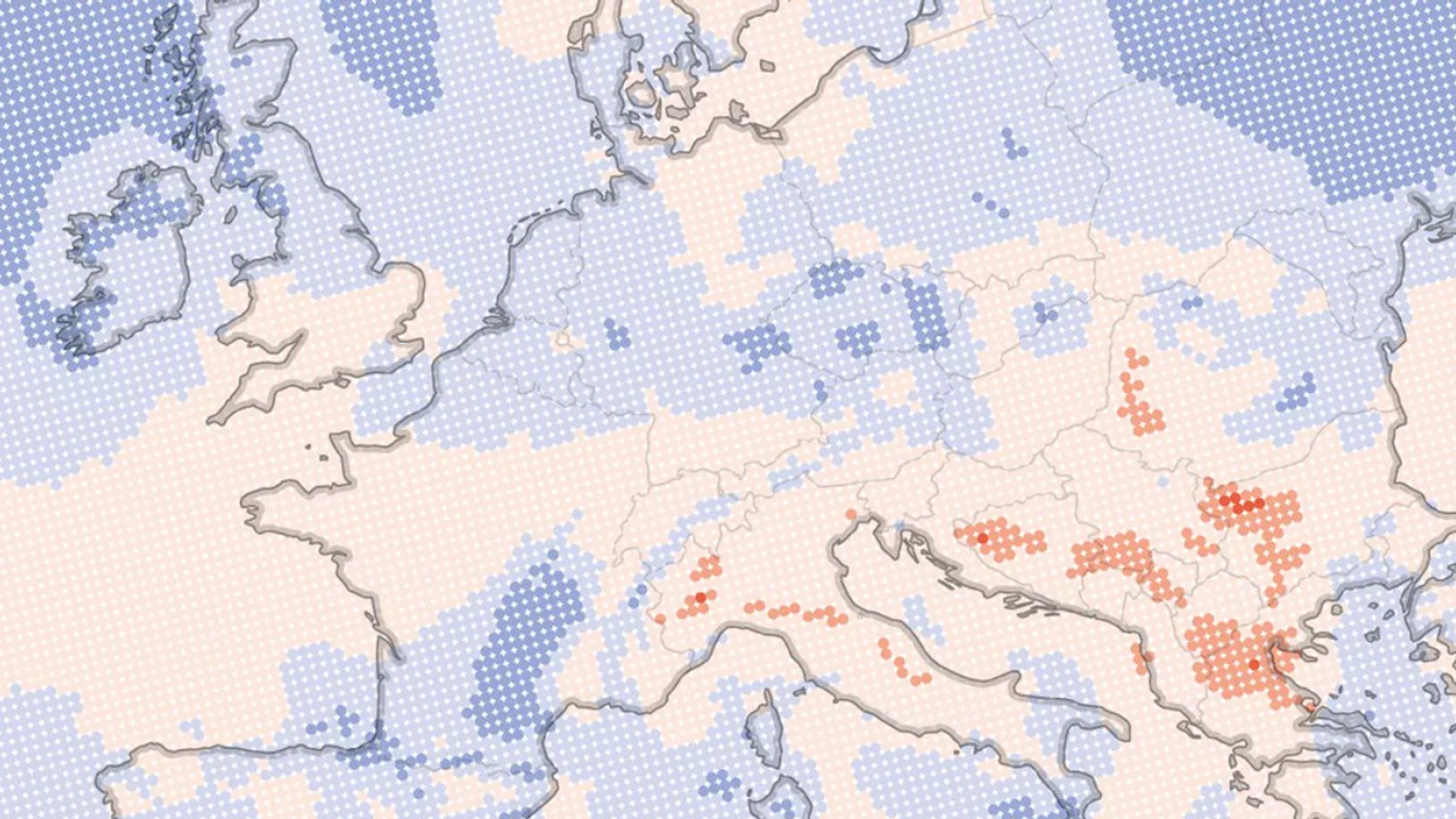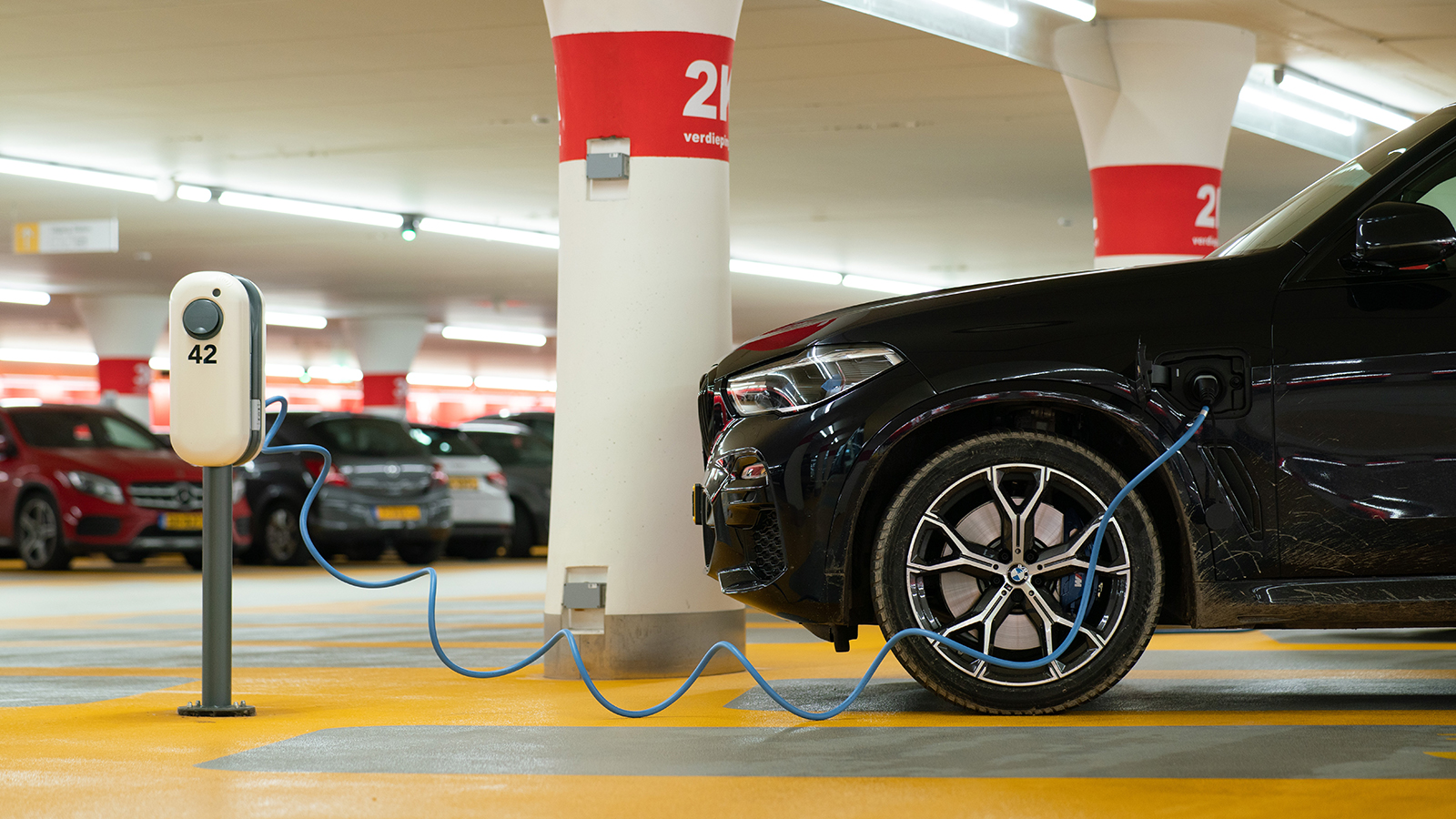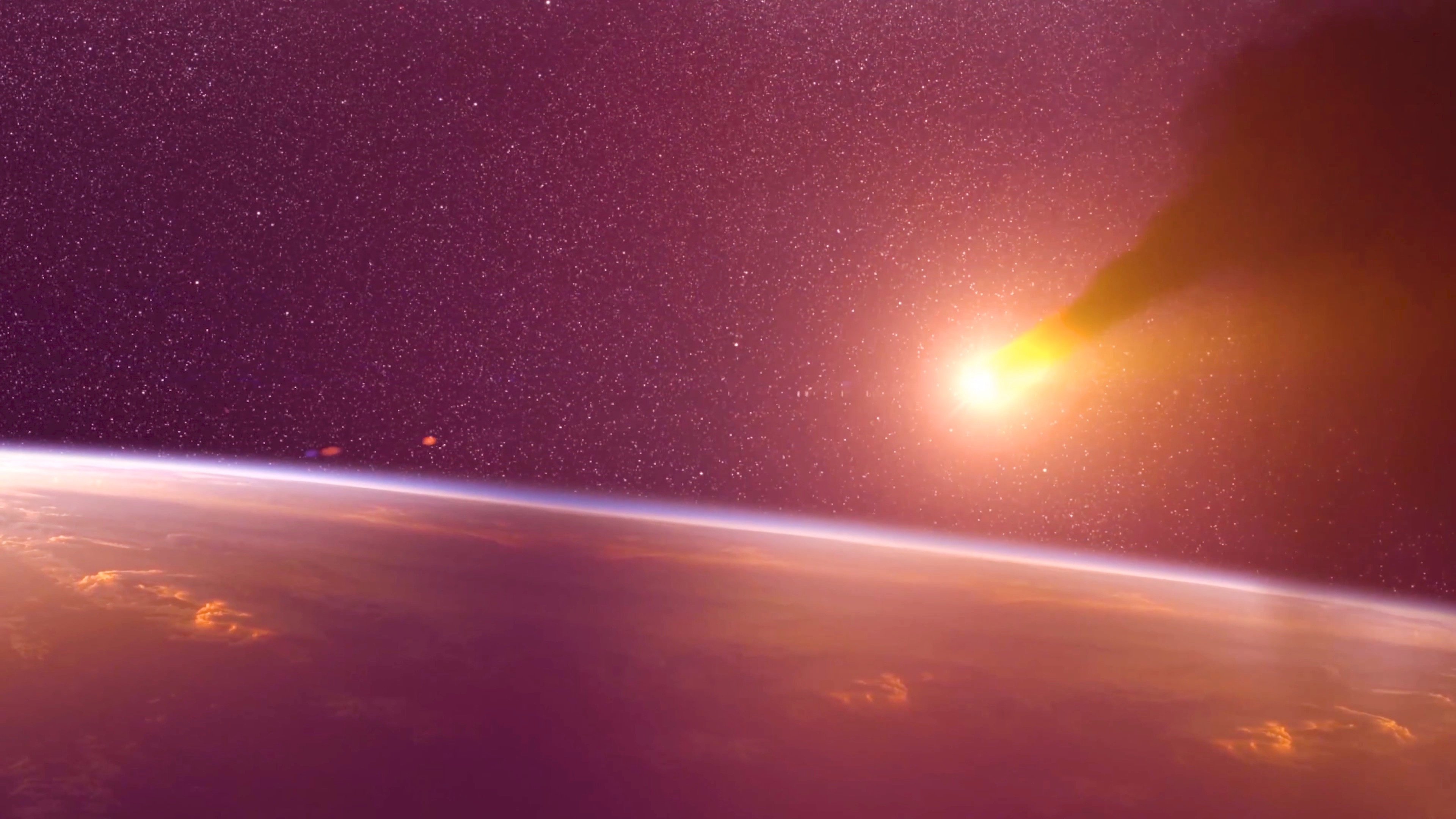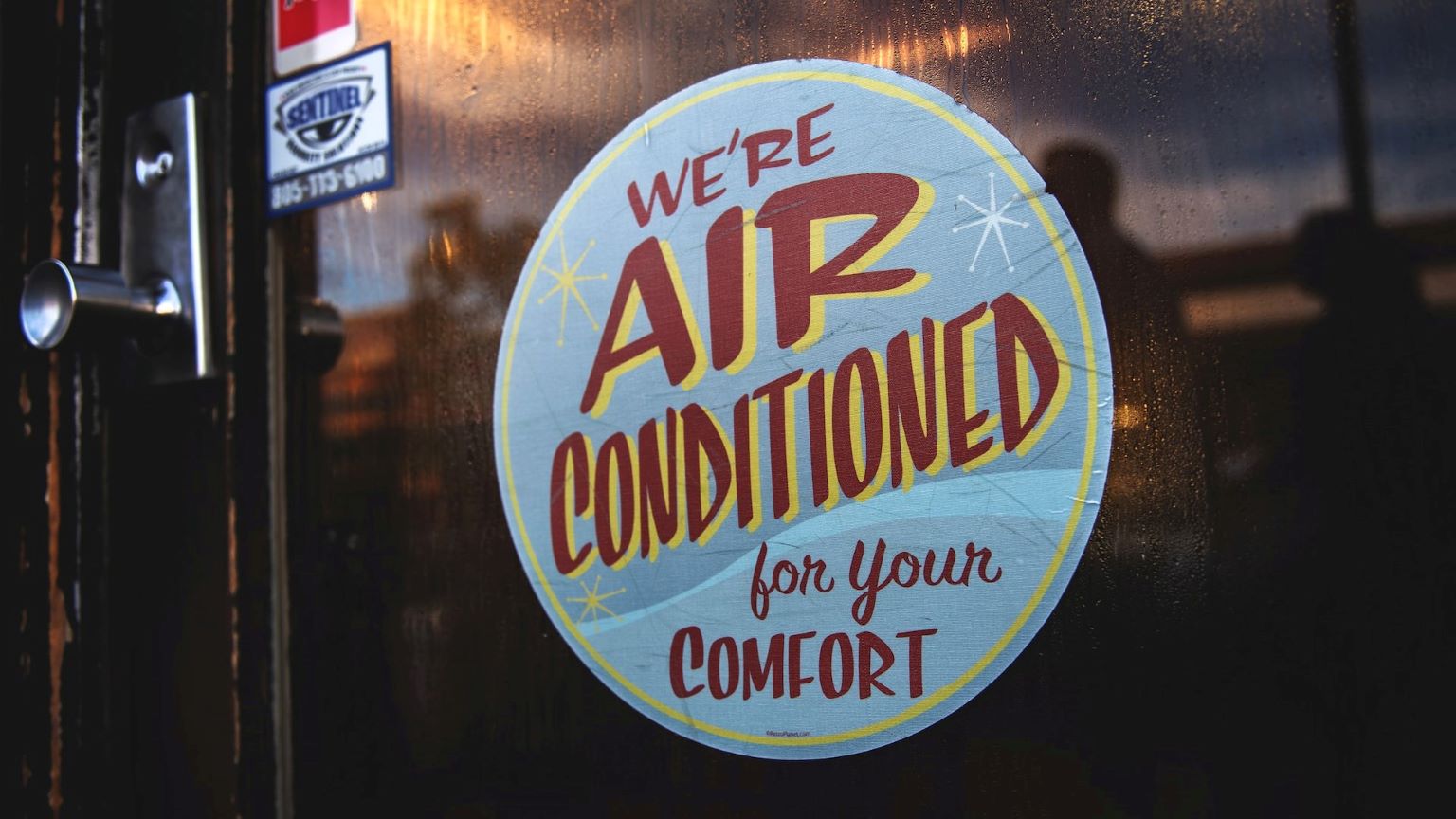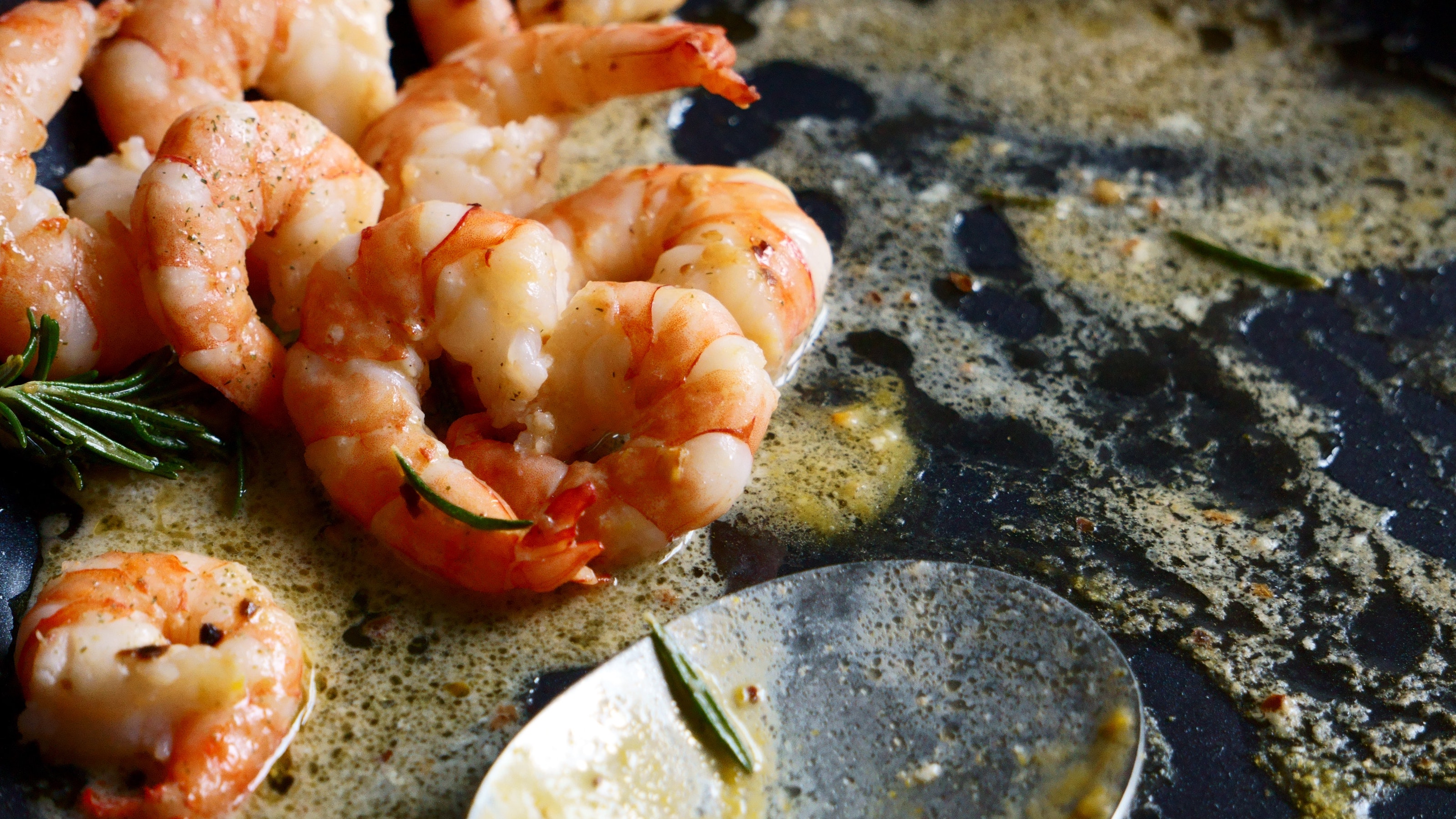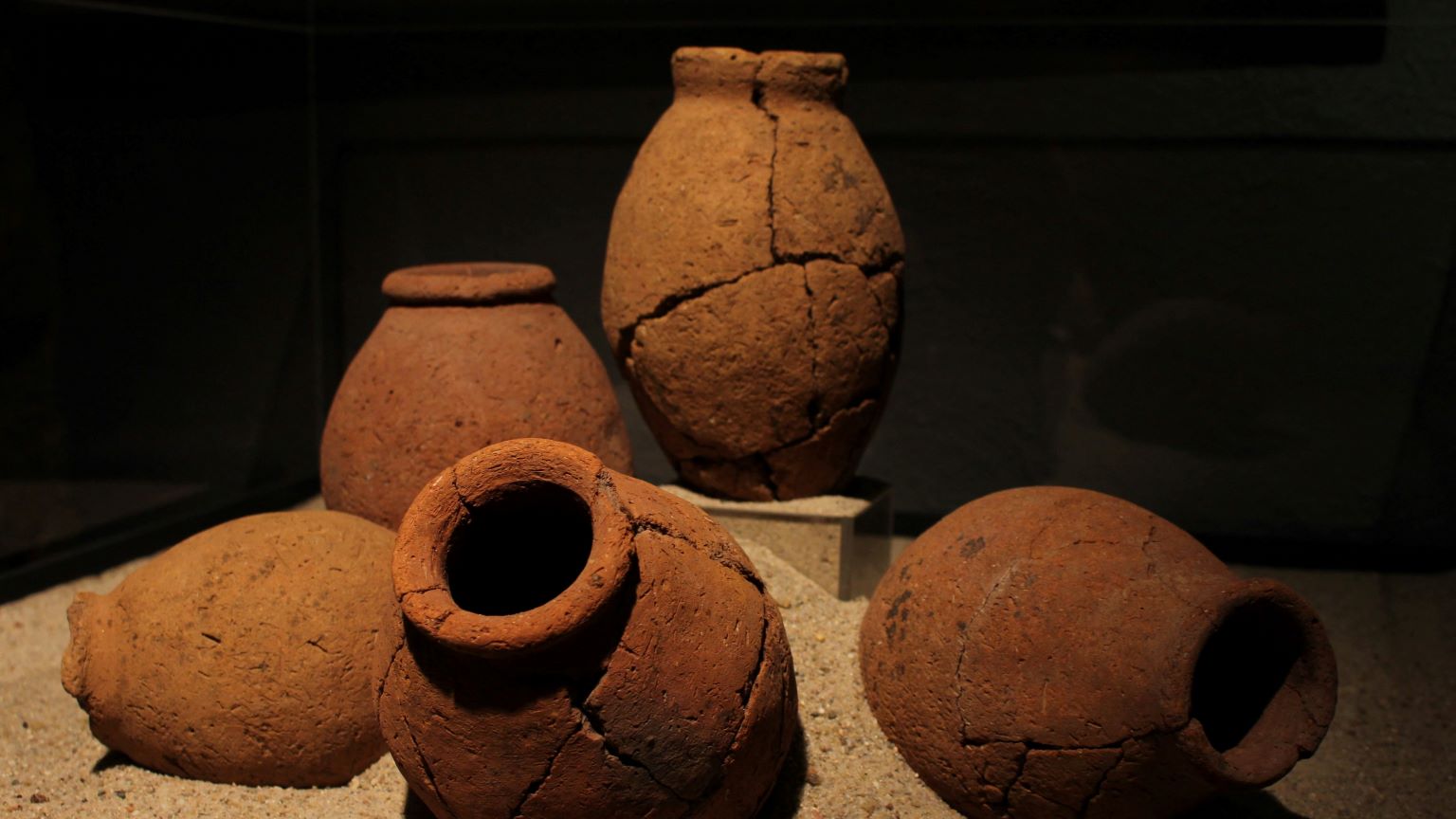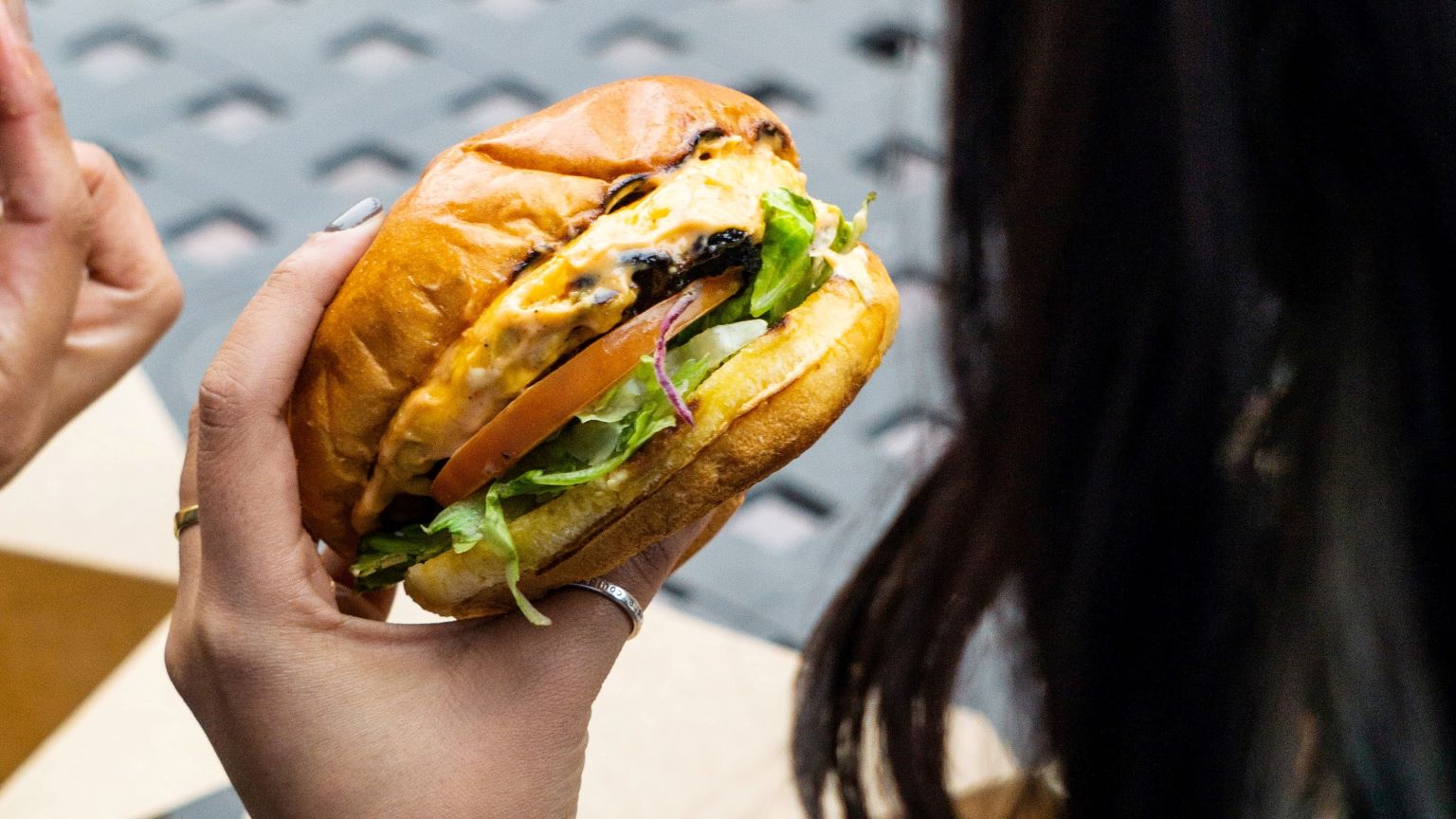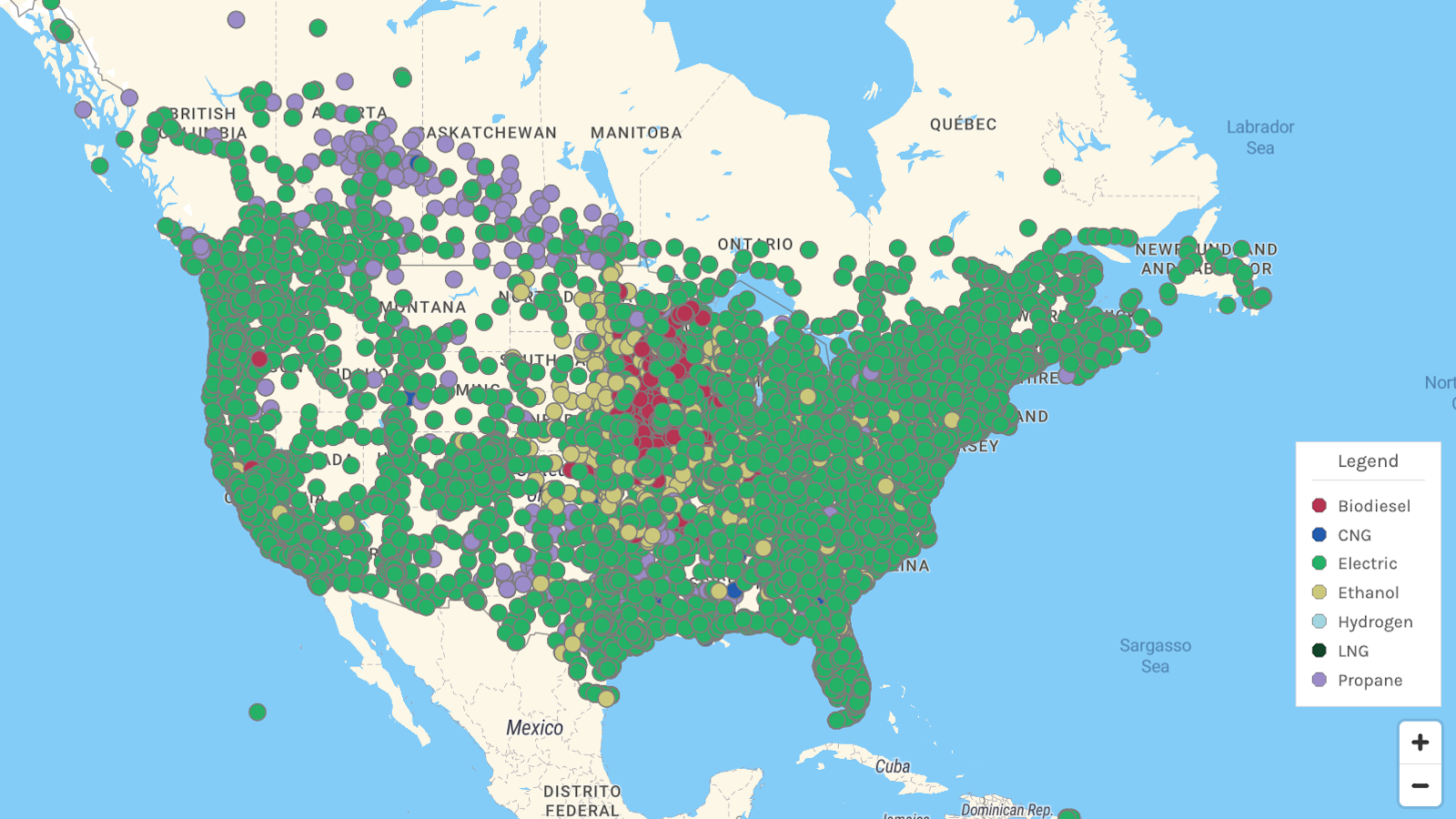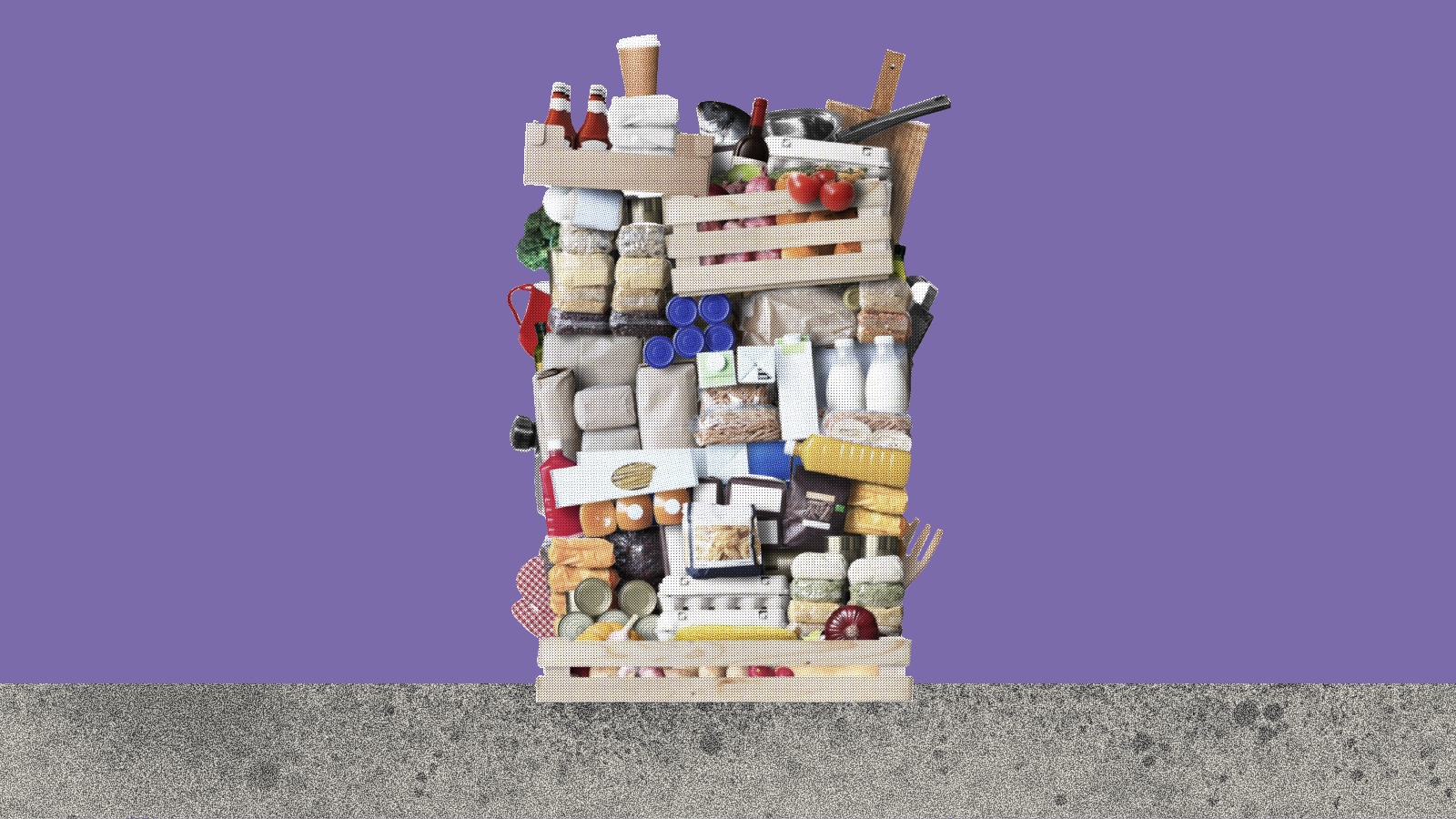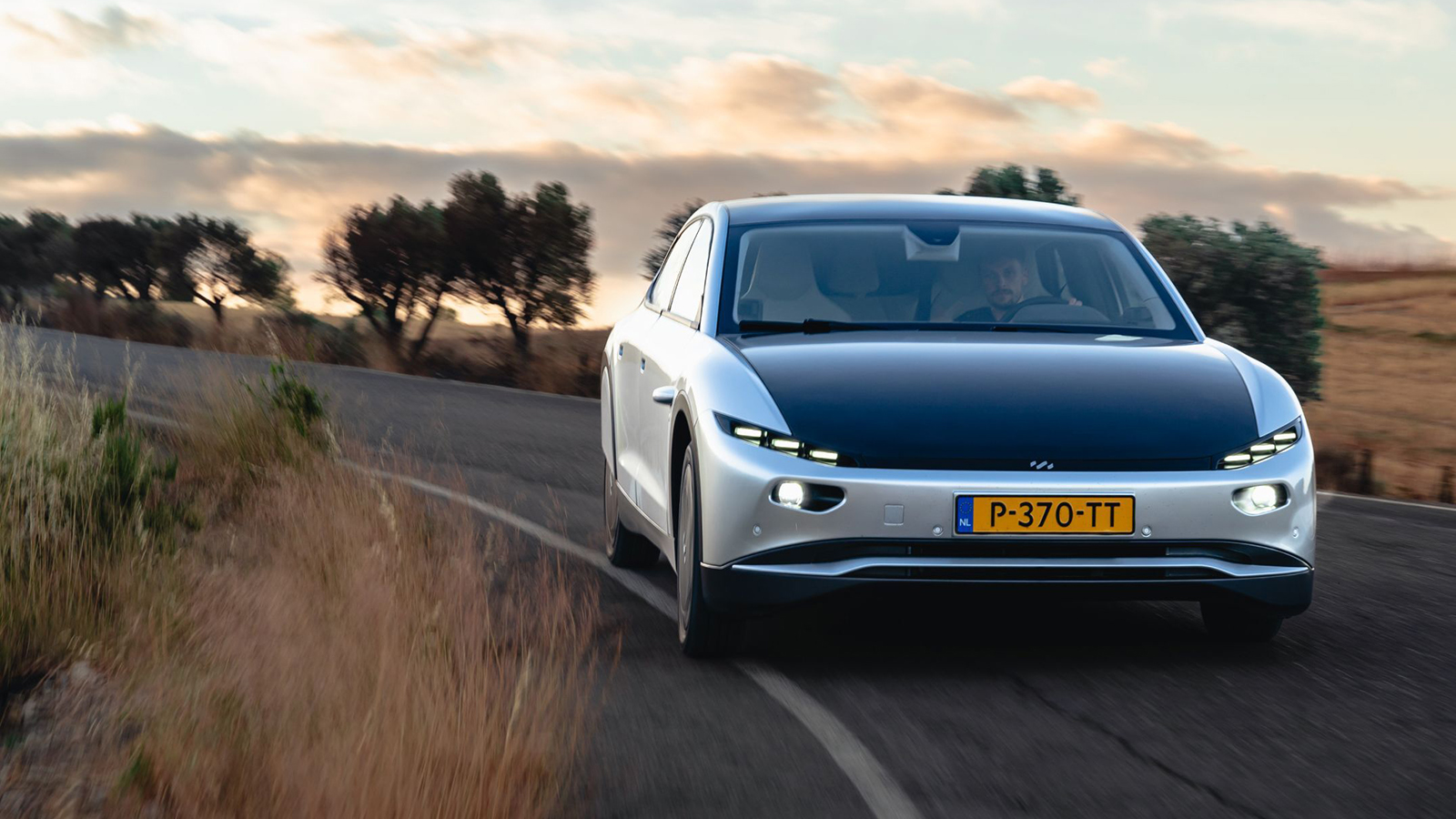Solutions & Sustainability
Entrenched business wisdom says that community-led economic systems are pure fantasy. Douglas Rushkoff disagrees.
Why can’t more rainwater be collected for the long, dry spring and summer when it’s needed?
The media sells bad news, but scientific evidence shows that we are making progress toward a greener planet.
Once water gets more than about 200 feet deep, building on the sea floor is out of the question.
Goodbye, Arabica? Learn to love Liberica.
It’s an agricultural moonshot: Scientists hope to increase plant yields by hacking photosynthesis, the process that powers life on Earth.
Retired astronaut Ron Garan believes that before we can begin solving our problems, we must understand our interrelatedness through the “orbital perspective.”
Wizbang innovations capture the public’s imagination, but thoughtful, incremental development is often more valuable to those in need.
Synthetic milk is not a sci-fi fantasy; it already exists.
It’s on a 100,000-year timescale, though, so the next few centuries might not be so comfortable.
Environmental activists want us to feel “flight shame” if we can take a train, instead. But this isn’t entirely realistic, even in Europe.
Many countries just ship their plastic waste overseas.
“Ghost gear” leads to hundreds of thousands of animal deaths.
Economic growth is more about quality than quantity.
Flashy desalination technology is more costly and cumbersome than many other solutions.
You might think it’s impossible to run out of wind, but Europe’s “wind drought” proves otherwise. And it’s only going to get worse.
Most electric car charging is done at night. A grid powered mostly by renewable energy might not be able to meet demand, but there is a solution.
Short-hop regional flights could be running on batteries in a few years.
Spaceguard shows that we can manage risks to the extinction of humanity — if only we put our mind to it.
Should you blast the A/C even when you’re not at home?
Anyone up for a crisp, blonde ale?
Scientists turn to nature to improve a ubiquitous building material.
Short-termism is both rooted in our most primal instincts and encouraged by runaway technological development. How can we fight it?
We’re still using 800,000 gallons of embalming fluid a year, but burials are becoming far less common.
Americans on average consumed about 58 pounds of beef and veal in 2019 – compared with a global average of 14 pounds.
EV charging stations are the most widespread alternative to gas and diesel pumps. Each alternative has its own hotspots and “deserts.”
A food safety researcher explains another way to know what’s too old to eat.
In paint form, the world’s “whitest white” reflects so much light that surfaces become cooler than the surrounding air.
Deliveries of the $250k Lightyear 0 will start in November 2022.
